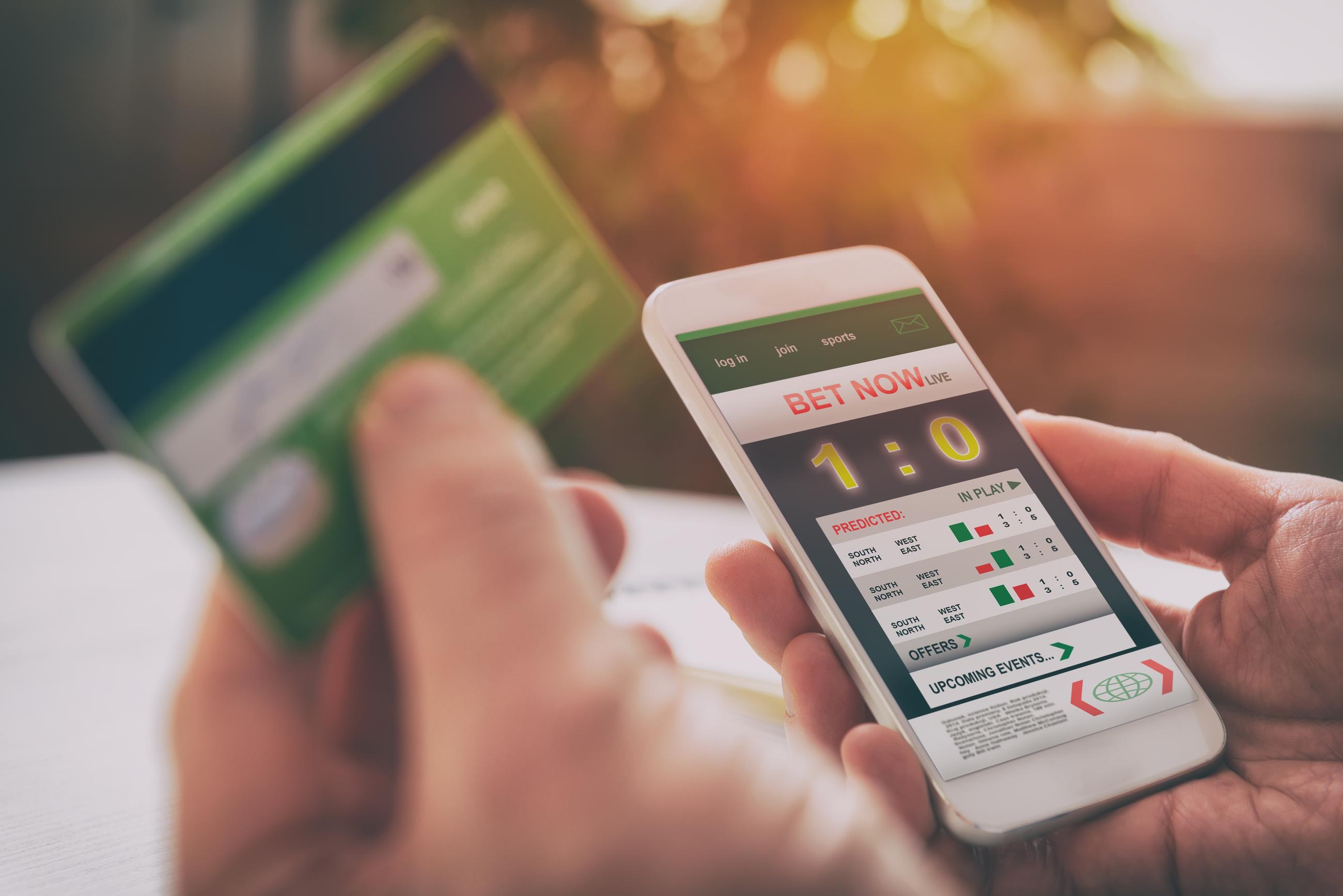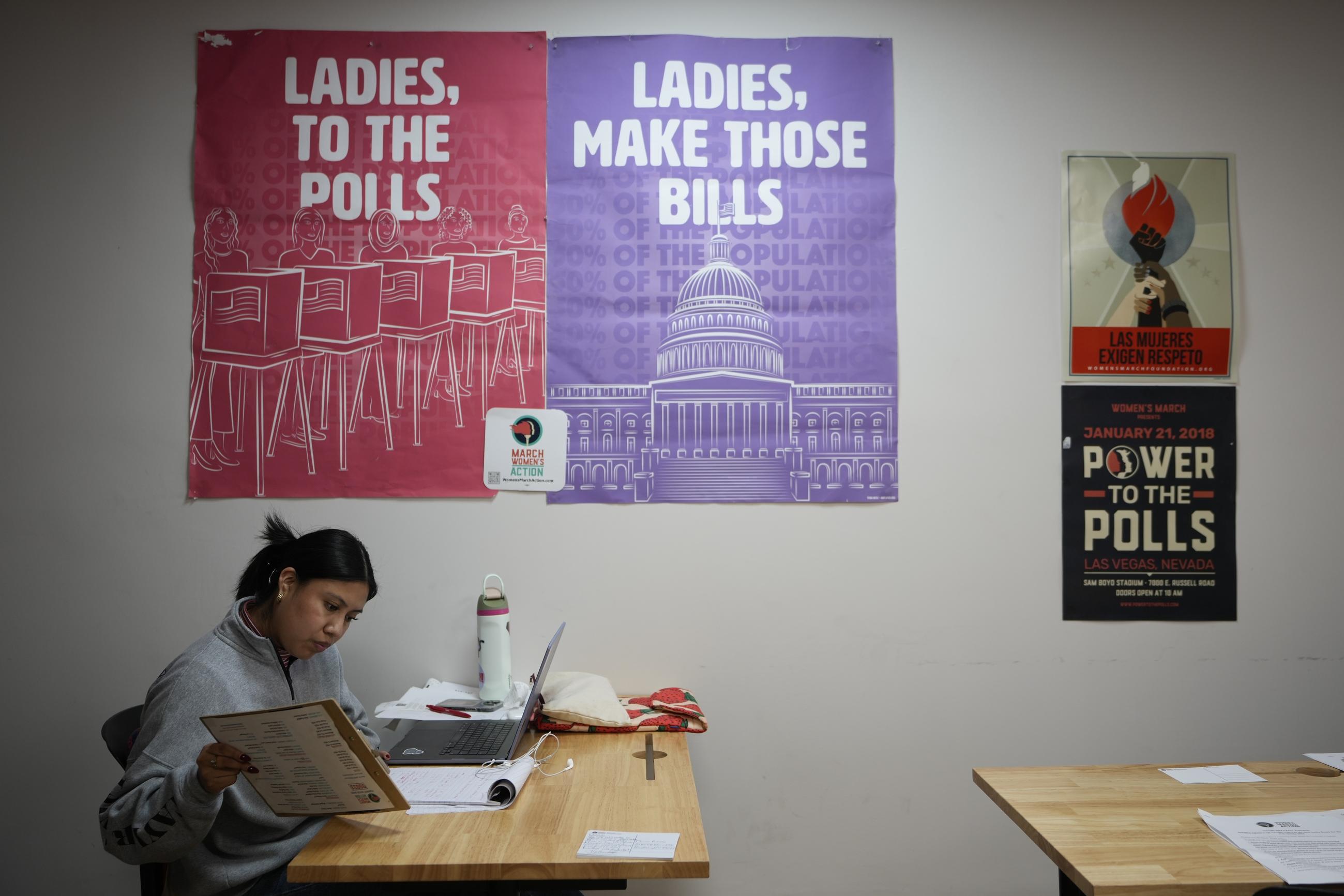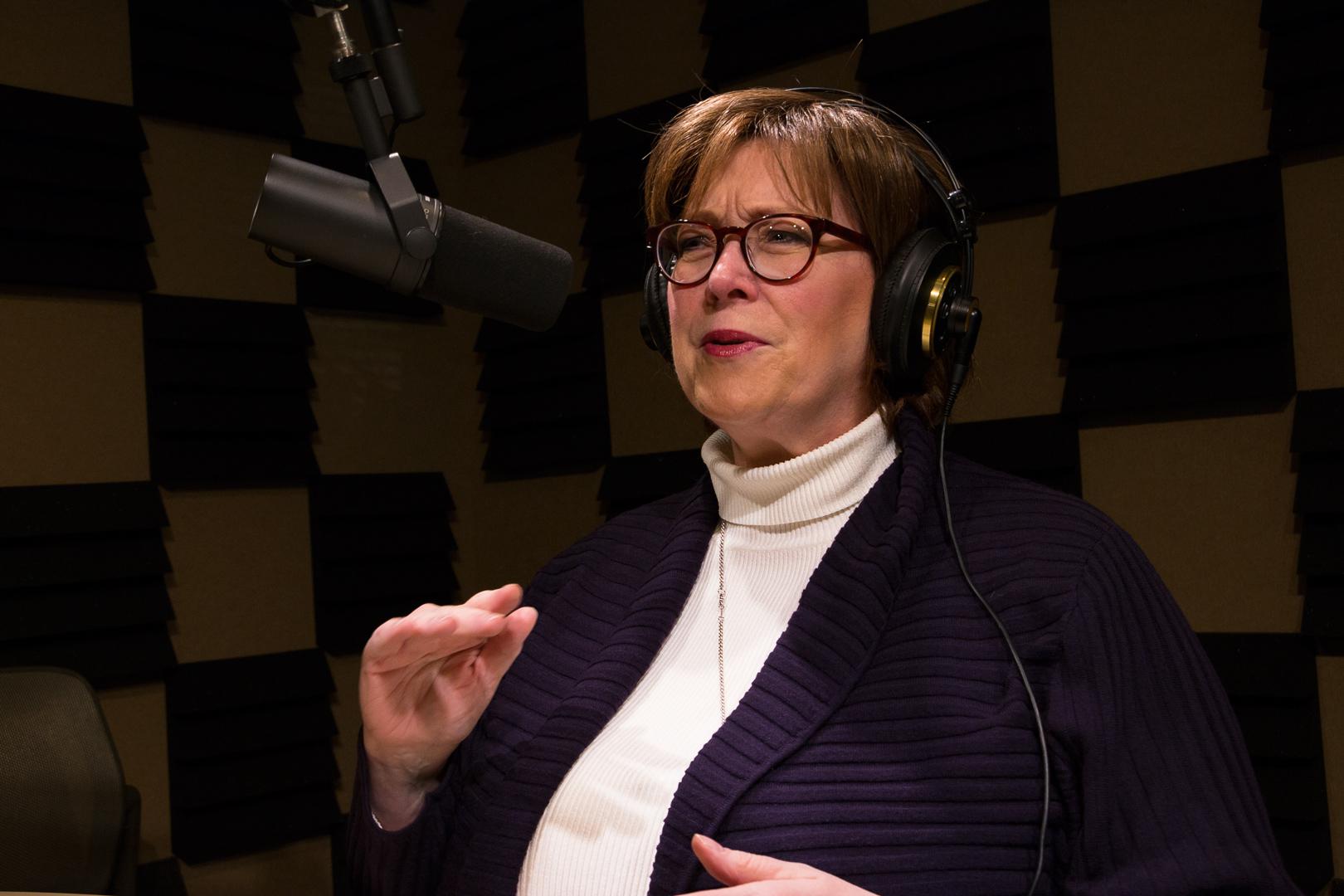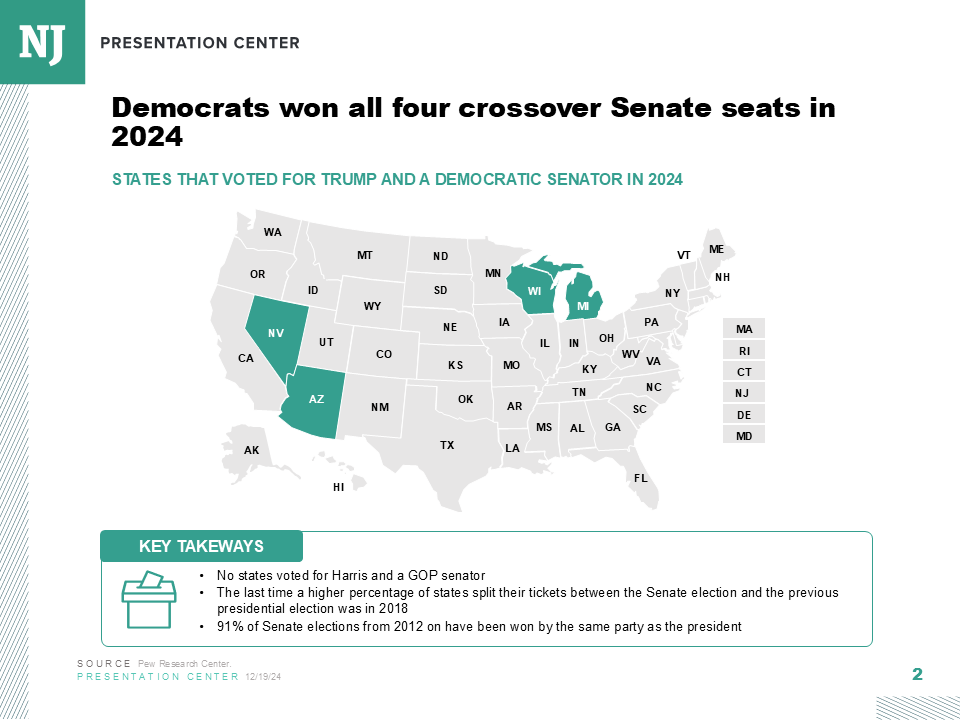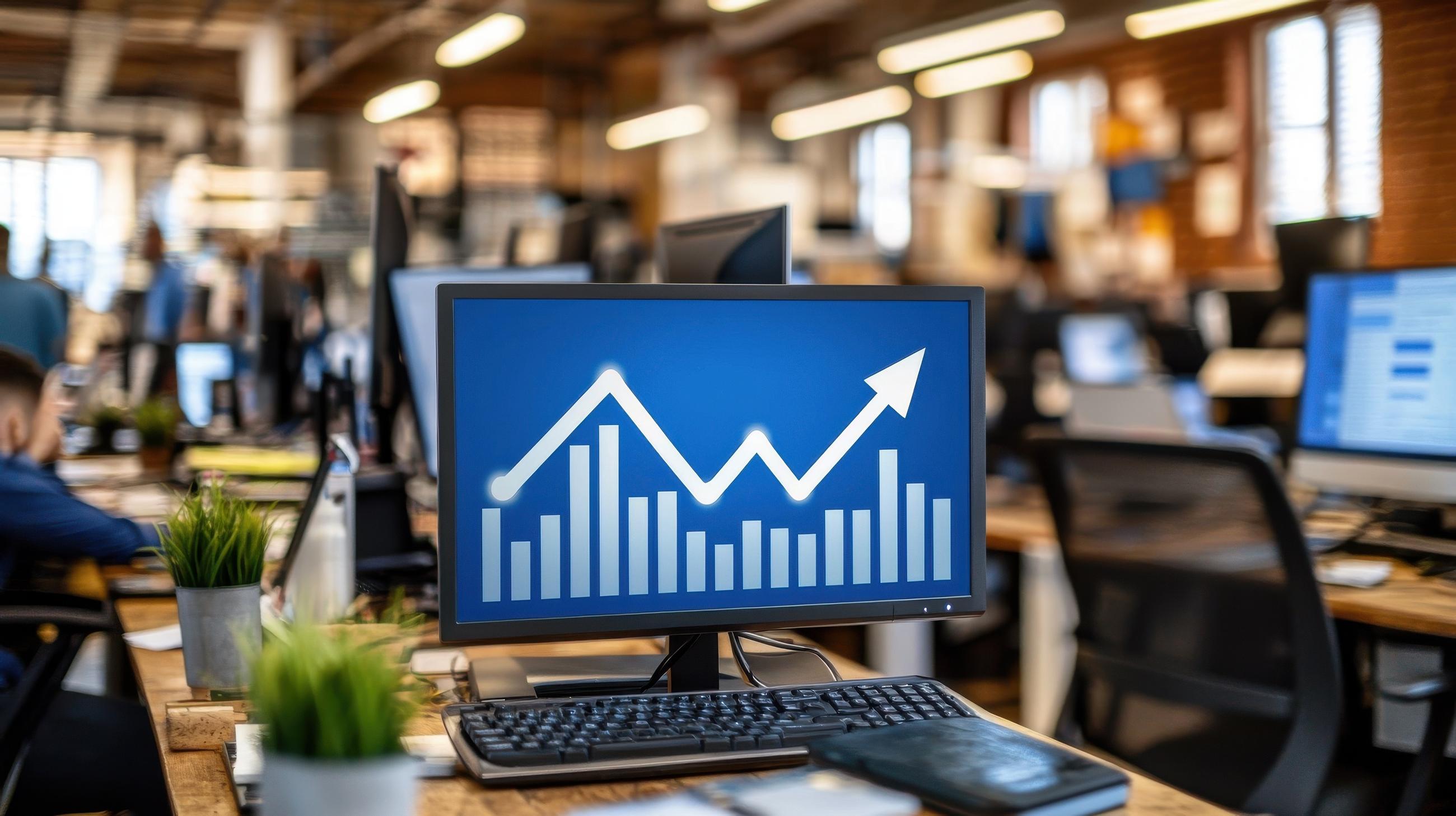Every election cycle brings rumors of the death of the polling industry, or some shiny new toy that promises to supplant polling altogether.
This time, according to Politico Magazine, it’s political betting markets that will take out polling. The article is titled, “Pollsters have a new kind of competitor. They should be worried.” In fact, there is very little in it that’s worrying for the industry.
The initial example concerns someone who knew the winner of the Nobel Peace Prize before it was announced and gamed the system to win lots of money. That has absolutely nothing to do with polling and only demonstrates that information leaks are incredibly lucrative in a world where we bet on everything. See also: the NBA.
Also, political betting markets aren’t exactly new. PredictIt has been around since 2014. I’m pretty sure back then it was supposed to take over the elections information and prediction world within a couple of years, but nothing of the sort happened.
The subtitle of the Politico article reveals its true motivation: “Advocates think political betting can transform—or even replace—political media.” Advocates—in this case meaning people who own companies and make money off the business—have a vested interest in making big pronouncements about the capabilities and importance of their thing.
In fairness, I’m two decades into a career in polling, so I’m not exactly unbiased, either. And I’m not pretending it’s perfect. Honestly, the industry has some major flaws in reaching people and getting them to answer surveys. If someone builds a better mousetrap to measure public opinion, I’m all in. Betting markets aren’t it.
That’s not to say the markets are useless. The information is genuinely interesting, and it’s true that betting markets will show anticipated changes in opinion based on a large event much sooner than polls. The article uses the example of the June 2024 presidential debate to illustrate this point. Polls take a few days; markets move immediately.
But I would never rely on the markets as the sole measure of what the public thinks. I don’t buy the argument that betting markets reveal “the wisdom of the crowds” and that people think rationally about how they place bets and are therefore more likely to be right. Gambling is a business precisely because the proprietors make money off of people betting emotionally and unwisely. Is a die-hard Trump fan really betting against him? It would be a rare person who does.
Plus, until the results start coming in, what are the crowds using to predict who will win an election? The polls. Probably not only polls—but polling data is definitely a major input for any reasonable person who is going to bet on elections. After all, if you expect people to bet dispassionately about what they think will happen, you can expect them to use data to come to their conclusions. Polling data.
Without polling, we’re stuck with yard-sign counts and crowd sizes, which can tell us something about energy but nothing about who’s up or down outside that neighborhood or arena. The betting markets will probably look a bit more unruly if they’re depending only on those metrics to say who will win.
For all their flaws, polls are still the best thing we have to measure what the public broadly thinks. The firm, scientific principles of a random sample are compromised because of technology and people not answering telephones, but what other method actually tries to find a subset of the population that’s representative of voters and roughly mimics their choices?
There will always be polling misses—we are trying to measure likely voters in an upcoming election, and since that population doesn’t exist until people actually vote, we’re left to figure out as best we can who will show up. A lot of the time, we’re pretty close, but sometimes less so.
It’s also true that pollsters probably need to get more creative about reaching people who don’t want to talk to us. Trust me, we’re working on it behind the scenes. And just in case we develop temporary amnesia about the challenges we face, there are dozens of articles to remind us every election cycle.
To date, though, rumors of the death of polling have been greatly exaggerated.
Contributing editor Natalie Jackson is a vice president at GQR Research.

